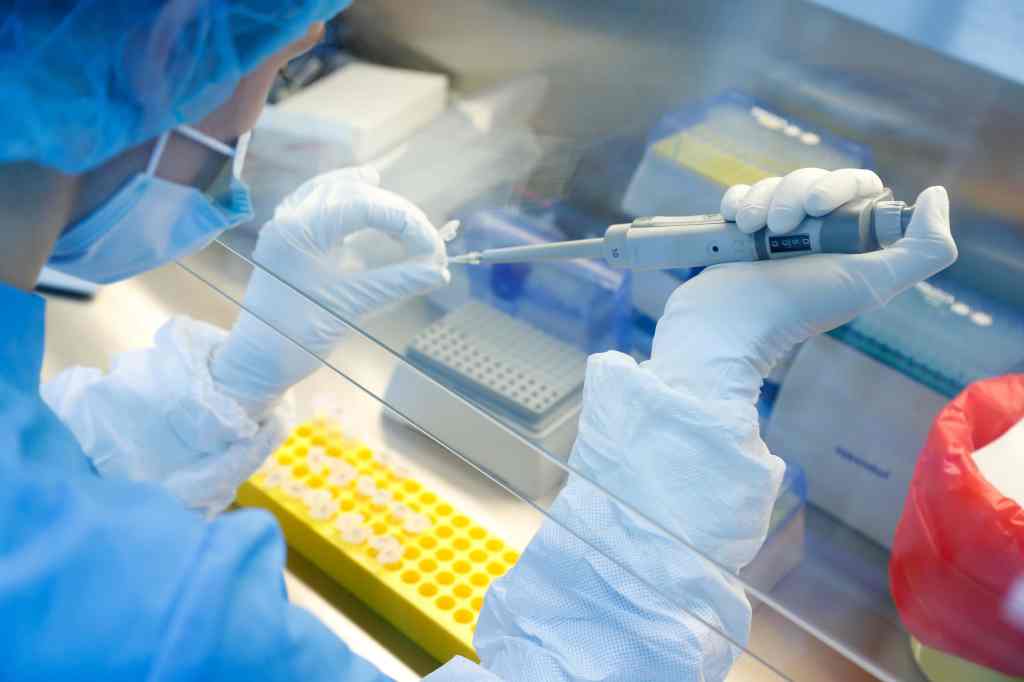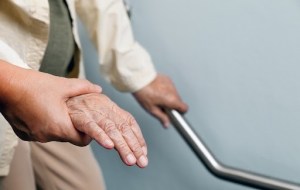Researchers say they are making progress in developing a vaccine that will curb the spread of the coronavirus pandemic, but some remain suspicious of its effectiveness.
Thirty percent of New York Metro area residents say they are unsure if they would get a COVID-19 vaccine if one were available and 25 percent say they definitely would not, according to a Mount Sinai South Nassau Truth in Medicine poll released in June.
“It’s disturbing that there is reluctance about a potential vaccine,” said Dr. Aaron Glatt, chair of the Department of Medicine at Mount Sinai South Nassau and a national expert on infectious diseases. “However, we’re hopeful that as one is developed, tested, and proven effective, people’s attitudes will change.”
Russia has said that the world’s first vaccine for the novel coronavirus will be rolled out by the end of this month, with doctors among those set to be administered with it on a voluntary basis. But a majority of Russian doctors would not feel comfortable being injected with Russia’s new COVID-19 vaccine due to the lack of sufficient data about it and its super-fast approval, a survey of more than 3,000 medical professionals showed.
The disease caused by the new coronavirus that has killed more than 774,682 people as of this story and unleashed economic havoc worldwide. There are more than two dozen coronavirus vaccines at the human clinical trial stage as the race to tame the pandemic heats up.
Among those in development, Massachusetts-based Moderna Inc. said its experimental COVID-19 vaccine induced a “robust immune response” and protected against infection in a study on monkeys. Australian biotechnology company Vaxine Pty Ltd expects to start Phase II trials of its potential COVID-19 vaccine in the next few weeks after “positive” results from the first-stage human study. And Among the researchers seeking a cure are experts at Farmingdale-based Codagenix, Inc., a clinical-stage biotechnology company working in collaboration with the Serum Institute of India to rapidly codevelop a vaccine against coronavirus using live COVID-19, known as live-attenuated vaccine.
“Early research shows promise that a vaccine could prevent a resurgence of COVID-19,” Dr. Glatt said. “Science is on our side. Right now, there is still too much unknown about a potential vaccine, and I assume that uncertainty is what we are seeing reflected in the poll results.”
On Long Island, formerly one of the national coronavirus hot spots in April, the number of cases has held steady. There were 86,184 confirmed COVID-19 cases — 43,100 in Nassau County, 43,084 in Suffolk County — and 4,190 residents succumbed to the virus, including 2,194 in Nassau and 1,996 in Suffolk as of July 28, according to the New York State Department of Health. There were 413,593 cases statewide, 4.3 million nationwide, and 16 million worldwide as of that date, data shows.
“We have successfully flattened the curve, but we have not eliminated the virus,” says Dr. Bettina Fries, Chief of the Division of Infectious Diseases at Stony Brook Medicine. “I don’t think we will get rid of the coronavirus, it will stay around, and you will see cases pop up, [but] it will be identified and the outbreak will be taken care of. The majority of people will be protected because they will be vaccinated.”
But because the virus mutates, uncertainty remains.
“We just have to see whether it will be a long-term vaccination, or will it be similar to a flu vaccine where it will be repeated every year,” Dr. Fries says
Dr. Miriam Rahav, a Manhattan-based internal medicine, hospice, and palliative care specialist, says it may not be so simple. She says a COVID-19 vaccine does not come without risk, has only been tested on healthy individuals, and the virus has already mutated into 30 variants.
“A lack of long-term safety testing is a red flag for the new [coronavirus] vaccine,” she says. “Knowledge about these mutations may prove useful to clinicians wanting to better tailor their COVID-19 treatments, but the proliferation of mutations makes the chances of developing an effective vaccine immensely more uncertain.”
-With Reuters and Timothy Bolger
For more business coverage, visit longislandpress.com/category/business


























